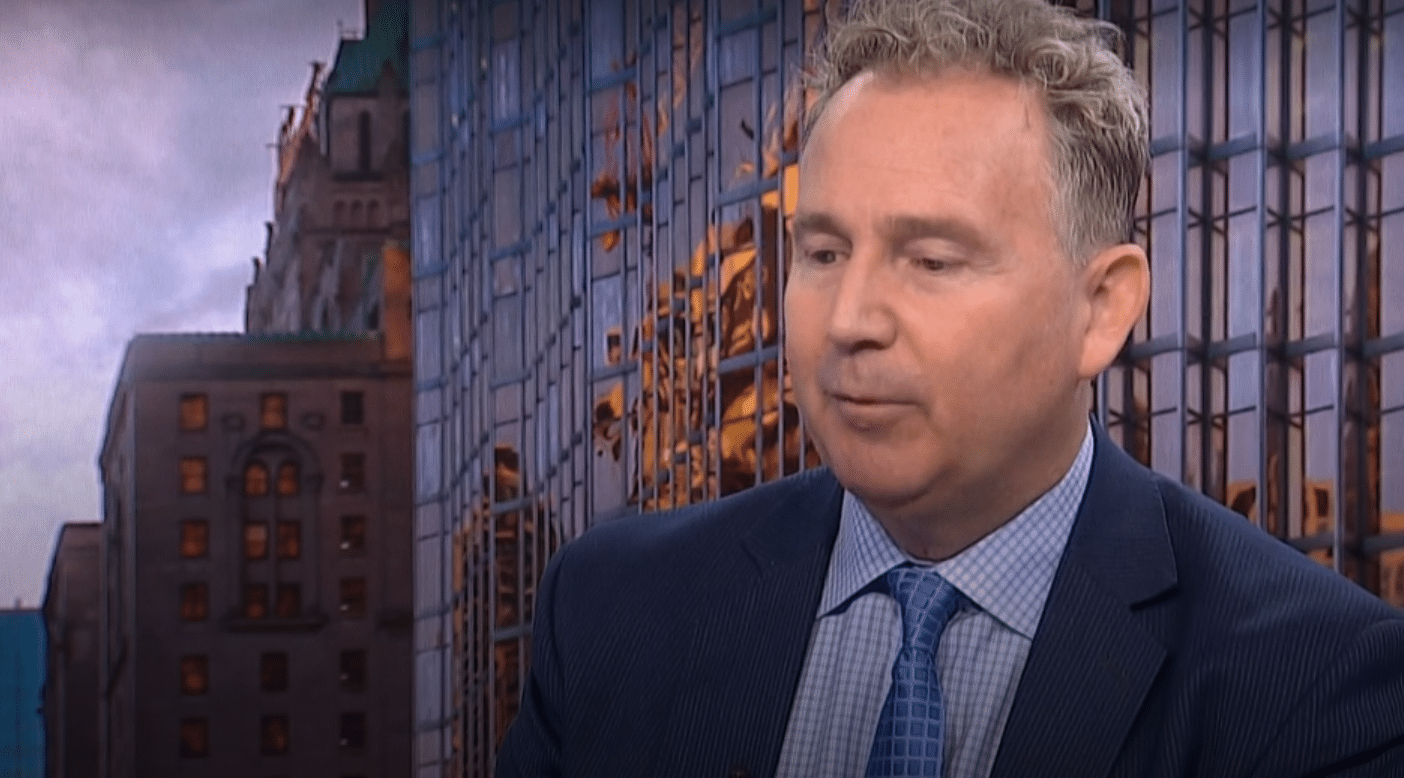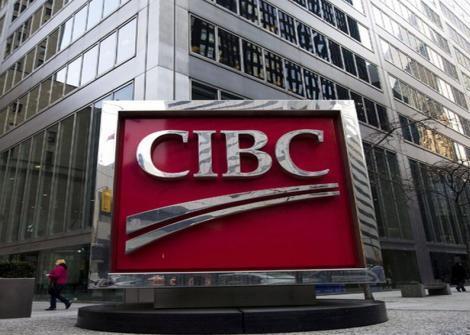Telus fires back at Mason Capital
The company said that proxy advisory firm ISS is recommending that shareholders vote in favour of Telus’ proposal to exchange its non-voting shares into common shares on a one-for-one basis.Telus (TSE:T) Monday responded to a statement released over the weekend by U.S. hedge fund Mason Capital Management, which said that Institutional Shareholder Services Inc. (ISS) backed the hedge fund in its fight to reject Telus’ share collapse proposal.
The company said that proxy advisory firm ISS is recommending that shareholders vote in favour of Telus’ proposal to exchange its non-voting shares into common shares on a one-for-one basis.
However, Mason Capital, Telus’ largest shareholder, painted a different picture in a release it sent out to shareholders, saying: “The ISS report recognizes – and agrees with – Mason’s core arguments: that the voting shares are of greater value than the non-voting shares, and that Telus’ proposed one-for-one exchange ratio dilutes voting shareholders’ voting rights and transfers the premium they have paid for to the non-voting class.”
In a letter to shareholders Monday, Telus president and CEO Darren Entwistle said that Mason Capital’s “dissident circular” contained “skewed and self-serving information”.
“Their document appears to be just the latest in a series of attempts to create confusion and uncertainty in hopes of driving apart the price of our share classes so that Mason can profit from their empty voting strategy, a strategy which was strongly criticized in a recent Supreme Court of B.C. decision that said, ‘The practice of empty voting presents a challenge to shareholder democracy…When a party has a vote in a company but no economic interest in that company, that party’s interests may not lie in the well-being of the company itself.”
Entwistle added that U.S. law firm Wachtell, Lipton, Rosen & Katz previously stated its support for the Court’s decision, saying Mason’s empty voting tactics are “deeply pernicious”.
In Mason Capital’s release, the hedge fund quoted ISS as stating: “The proposed exchange ratio… in veering off from the well-established, enduring market ratio, is a cause for concern, and should legitimately be scrutinized by shareholders.”
_____________
GUESS WHO?

This Vancouver-based company has developed patented technology that has caught the eye of food giants such as Kellogg, Hormel and Sun Maid. This Cantech sponsor is now entering full commercialization. Click here to find out who this is….
______________
“In light of ISS’ strong and highly critical statements against Telus’ proposed one-for-one exchange ratio, we expect voting shareholders, like us, will be perplexed and confused by ISS’ self-contradictory recommendation for the proposal,” said Mason’s principal and co-founder Michael Martino.
“Fortunately, the power to defeat Telus’ unfair and oppressive proposal lies with the voting shareholders, who we urge to vote “No” on Telus’ proposed share collapse.”
Telus responded by quoting the same ISS report, which said: “This proposal represents another meaningful step forward in the company’s governance regime, in resuscitating the principle that voting rights should be commensurate with economic interest.
“As the proposed transaction continues to align voting rights with economic interest, offers shareholders meaningful economic opportunity through increased trading liquidity and a dual listing on the NYSE, and has been ratified by a strong market response – and as the company’s articles effectively preclude any exchange ratio other than the proposed one-for-one exchange – a vote for the proposal is warranted.”
Entwistle said that the ISS recommendation confirmed that Telus’ proposal is “fair and beneficial” to all shareholders, and asked for support for the “value-creating benefits” that would come as a result of collapsing the company’s share structure into one class of shares.
Telus said that both ISS and proxy advisory services firm Glass Lewis & Co. had twice previously released statements in favour of a similar proposal put forward earlier this year.
Prior to withdrawing its previous proposal, Telus said that it had the “overwhelming support” of its shareholders – excluding Mason Capital.
After the initial conversion proposal earlier this year, Telus said that Mason Capital “quietly amassed” about 19 per cent of the company’s common voting shares, but also borrowed and sold short non-voting and common shares so that it was left with a relatively minor economic interest in the company – “a discredited practice called empty voting”.
Telus alleged that Mason Capital is trying to profit from its short/long hedging trades.
The company said that according to Mason Capital’s latest disclosure, as of August 31 it has only a 70,900 net share ownership stake in Telus, a 0.02 per cent position, once its short position is subtracted from the shares they own.
Telus said that Mason Capital shorted 14.7 million common shares and 18.0 million non-voting shares, while owning 32.8 million common shares.
“Notably, Mason did not disclose its current holdings to Telus shareholders in its September 24 dissident circular so the current extent of their hedge position is not known,” said Telus in a recent release.
Telus has called a meeting on October 17 where all the company’s shareholders are being given a vote on its proposal to exchange non-voting shares into common shares on a one-for-one basis.
Shares of the company were ahead 0.79 per cent as at 10 a.m. ET, trading at $62.50.
Carrie White
Proactive Investors
Source Article Here
______________________________
Nick Waddell
Founder of Cantech Letter
Cantech Letter founder and editor Nick Waddell has lived in five Canadian provinces and is proud of his country's often overlooked contributions to the world of science and technology. Waddell takes a regular shift on the Canadian media circuit, making appearances on CTV, CBC and BNN, and contributing to publications such as Canadian Business and Business Insider.


